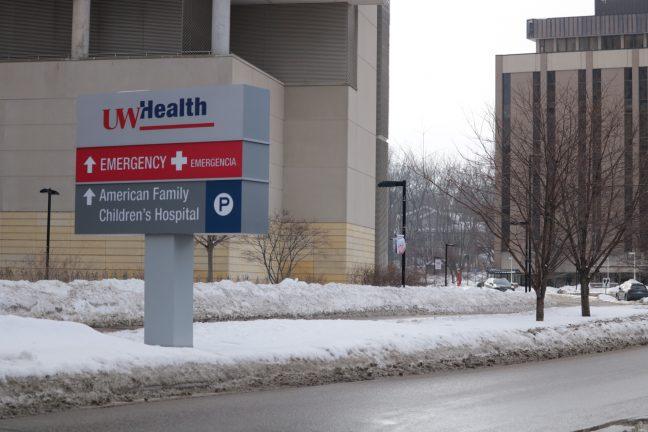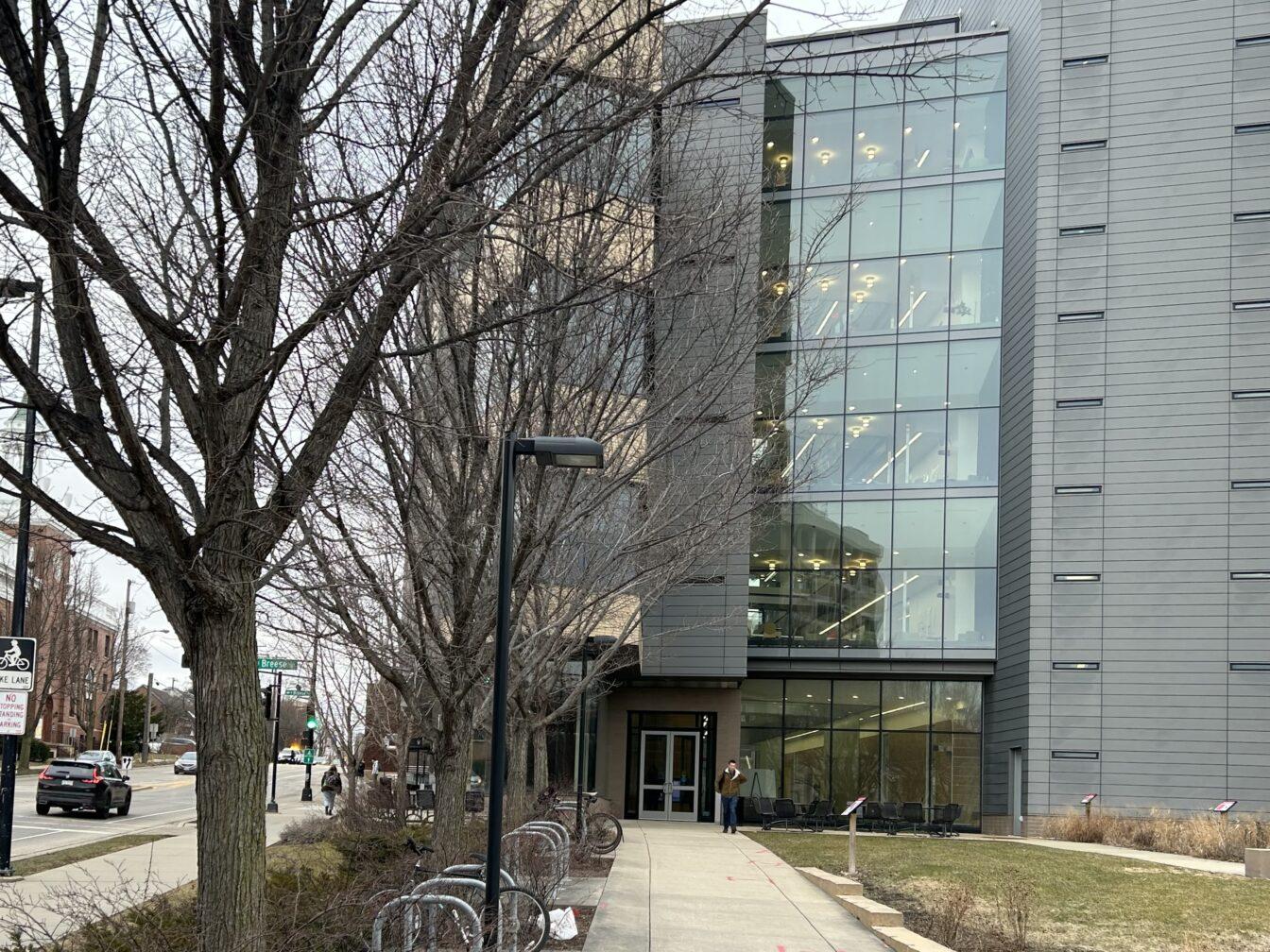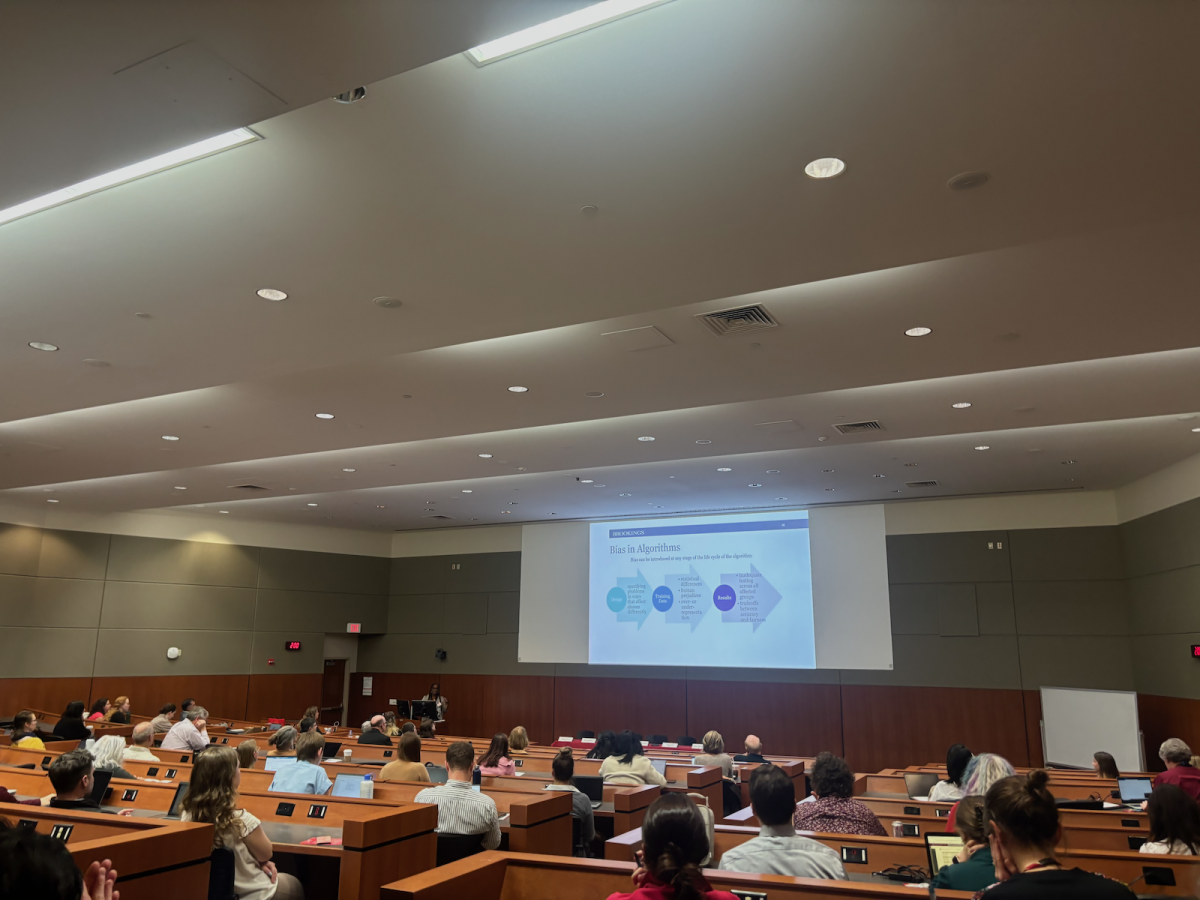Amid of another COVID-19 surge, healthcare professionals must decide how to equitably distribute limited resources to provide adequate care, despite the ever-increasing rates of healthcare worker burnout.
COVID-19 has dominated health news for the past three years, making it easy to forget about the other problems facing the U.S. healthcare system. Rates of heart disease, Alzhiemer’s, Parkinson’s, chronic liver disease and stroke all increased during the pandemic, but COVID-19 has removed many of these issues from the social consciousness, according to an article from NBC.
These diseases can be life-threatening if not treated. Because of the recent spike in Omicron cases, for a period in January, Dane County lacked the resources to provide medical care to all the patients who needed it. UW Hospital was forced to hold off on Tier 3 and Tier 4 surgical cases, which can only be postponed for a week or two at max, the hospital’s Chief Quality Officer Dr. Jeff Pothof said on NPR.
Healthcare workers face burnout during second wave, parallels student mental health struggles
This dilemma posed a new crop of questions — namely, how do hospitals decide who receives these limited resources?
The ethics behind this question are easier to consider as a thought experiment than to implement in practice, according to UW associate professor of bioethics Karola Kreitmair, who has worked with UW hospital and the State of Wisconsin to design resource allocation policies during the pandemic.
In terms of deciding if admitted patients or prospective patients should have priority in resource allocation, Kreitmair said that a shift in thinking has occurred in the minds of medical professionals.
“In normal circumstances, we have this first come first served mentality … and sometimes that means we do a lot of things beyond what is actually beneficial,” Kreitmair said. “But when we have such scarcity, it does become problematic to think about doing things on a first-come, first-served basis.”
Kreitmair said it’s important to provide resources for the individuals who will benefit most from them. This decision can be difficult for healthcare providers, as it sometimes requires discharging their current patient, violating what is essentially a “squatter’s rights” mindset.
UW opens Dejope Residence Hall to provide temporary housing for healthcare workers
These guidelines of allocating resources to patients who have the best chances of survival, even if that means discharging an admitted patient, becomes more complex when equity concerns are taken into account. Black, Native American and Latinx populations are all two to three times more likely to be hospitalized from COVID-19 than white individuals.
“In allocating these resources, we can’t just compare people on what we think of as objective clinical criteria as to who’s most likely to survive,” Kreitmair said, “We have to kind of correct for these inequities.”
Another significant factor decreasing the amount of care hospitals can provide is healthcare worker burnout, especially among nurses. About 20% of healthcare workers have quit during the pandemic and 60-75% of those remaining have reported exhaustion, depression and sleeping disorders since the onset of the pandemic, according to U.S. News.
As a CNA at Meriter Hospital, Audrey Gabler said her working environment — particularly in terms of mental health — has changed due to pandemic conditions. While general morale and mental health have really “taken a nosedive,” Gabler said the nursing union at Meriter has helped nurses stave off burnout and has promoted a supportive atmosphere.
“Although we all kind of experienced this fatigue and burnout, you’re all in it together,” Gabler said. “I’ve never experienced such a community that supports and will help you more than the nurses and nursing assistants I work with.”
Even before the pandemic started, burnout was a source of worry for healthcare administrators. A paper published in NCBI suggested bureaucratic tasks, excessive work hours and computerization of practice are all factors in hospital staff burnout. Nonetheless, the pandemic has certainly exacerbated the already overwhelming nature of nursing and nursing assistant duties, Gabler said. At UW Health, there is no union for nurses as an alternative support system, which has caused ongoing conflicts between nurses and administrators at the hospital.
UW’s Science Writer in Residence cautions journalists about obligations during pandemic
Another source of contention in the recent COVID-19 surge has been the amount of unvaccinated people being hospitalized, contributing to the lack of resources and controversy over who to turn care away from. According to the Department of Health services, people not fully vaccinated were hospitalized with COVID-19 at a rate ten times higher than those fully vaccinated.
In terms of the ethics of caring for unvaccinated individuals, Kreitmair said it is not the role of the medical professional to judge the decisions of the patient in her opinion. Healthcare workers must admit care according to policies regardless of vaccination status.
“It’s not appropriate for medicine to be a sort of judge of … the moral deservingness of a patient,” Kreitmair said. “The job of the medical provider is to provide a benefit for the patient.”




















